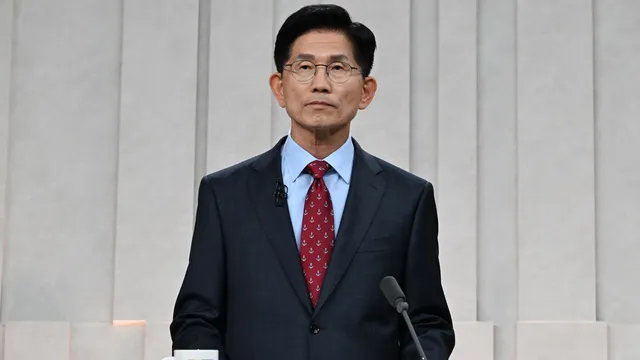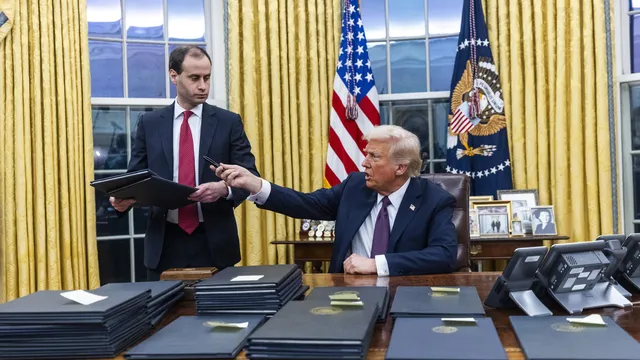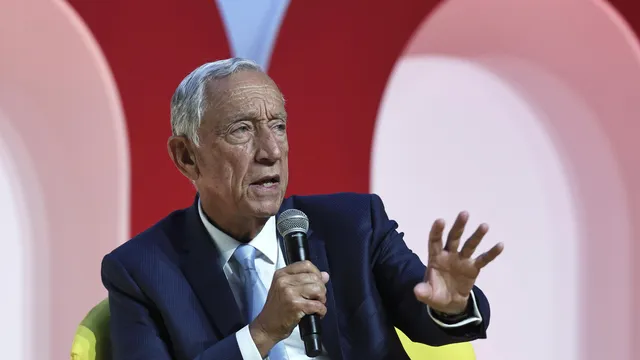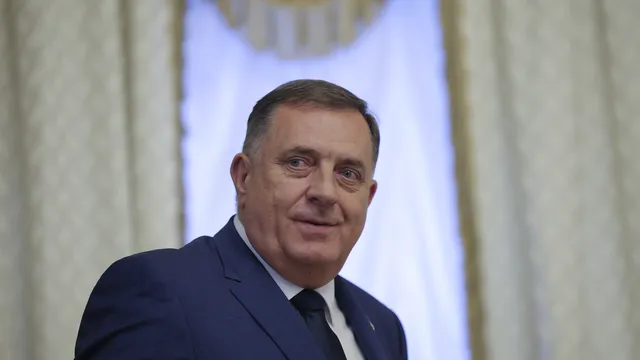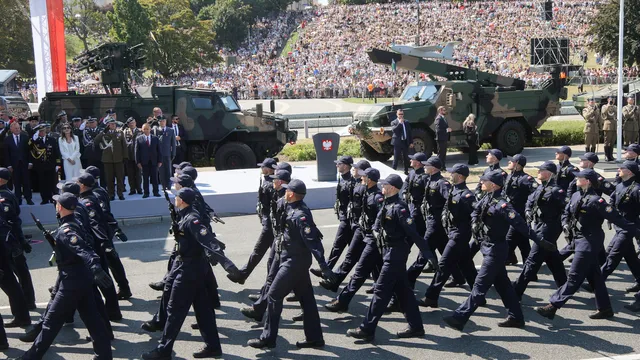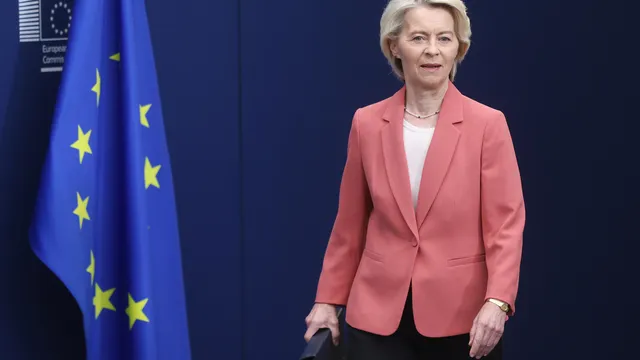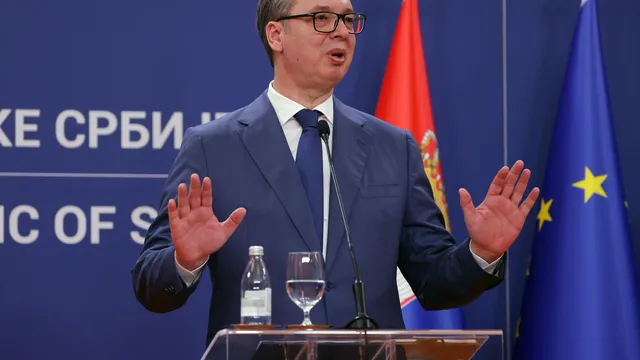When his conservative South Korean party bowed to show remorse for former President Yoon Suk-yeol's disastrous martial law decree, Kim Moon-soo sat alone and resolute.
That moment catapulted the labor activist-turned-lawmaker to the fame he now hopes to use to become South Korea's next president.
“He is essentially a presidential candidate born of social media,” Chong-min Kim, executive director of the Korea Risk Group, told AFP.
Internet users dubbed him “the stubborn Moon Jae-in” in approval of the move, which helped boost the ratings of his beleaguered party.
However, the People's Power Party (PPP), Yoon's former party, has not always been so enthusiastic about Kim Moon-soo's candidacy.
The PPP selected him, then withdrew him, and then selected him again as its candidate in a noisy battle.
This was symbolic of the turmoil that rocked the party after Yoon's failed attempt to suspend civilian rule in December.
During the election campaign, the 73-year-old Kim tried to distance himself from the ousted president, who became the second conservative leader to be removed from office after Park Geun-hye in 2017.
Last month, Kim offered his first apology “to the people suffering from the consequences of martial law.”
“Martial law not only hampered the economy and domestic politics, but also caused significant challenges in exports and diplomatic relations,” he told South Korean media.
Chong-min Kim of the Korea Risk Group called the PDP candidate “a chameleon-like politician capable of surviving in a complex landscape.”
Born into a large family in North Gyeongsang Province, about 300 km from Seoul, Kim grew up in poverty after his father signed a loan that plunged them into debt.
Kim has been politically active since his last year of high school, when he was dismissed from his job for protesting against the military leader, President Park Chung-hee.
He studied at South Korea's most prestigious university but began working in factories while earning his degree and organizing labor unions.
In the 1980s, he was arrested twice, first on charges of violating the Anti-Communist Law and then under the National Security Law.
Kim spent more than two and a half years in prison and wrote in his biography that he was subjected to electric shocks and waterboarding.
In 1988, he was pardoned and was stunned to discover that the country was thriving.
“My prediction that South Korean capitalism would ultimately fail proved wrong,” Kim wrote in his biography.
The collapse of the Soviet Union also changed his worldview and led him to join the conservative party.
In 1996, Kim was elected to parliament and later served two terms as governor of Gyeonggi Province, South Korea's most populous region.
After being accused but not charged in a scandal involving abuse of power in 2011, Kim regained ground among hardline conservatives.
His popularity among his party's hardliners was bolstered by his attempt to revise history textbooks in a way considered favorable to former colonial power Japan, as well as by his high-profile fine for attending a church service during the COVID-19 pandemic.
In 2024, Yoon appointed him as labor minister and he was considered part of the disgraced leader's inner circle.
Public opinion polls showed Kim trailing opposition leader Lee Jae-myung by at least 10 percentage points, and he failed to convince third-place candidate Lee Jun-seok of the Reform Party to join forces and make the election competitive.
With polls opening today, “the question is how much candidate Kim Moon-soo can narrow the gap,” said Heo Jin-jae, research director at Gallup Korea.
“Any remarks that offend public sentiment could cost candidates votes,” Heo added.
Another key question is whether he can win over moderates.
“The conservative base in South Korea is ideologically broad, and Kim Moon-soo's political character is quite different,” said Kang Joo-hyun, a professor at Sookmyung Women's University.
“Among the moderate or pragmatic right, there are doubts about whether they can fully support him,” Kang added.
In response to skeptics, Kim recently recalled his last-minute victory in 1996, when he successfully ran for parliament.
“You didn't think I would become the (last) candidate, did you? I didn't believe it either. But we wrote a miracle,” Kim told reporters on the first day of his campaign. | BGNES

 Breaking news
Breaking news
 Europe
Europe
 Bulgaria
Bulgaria
